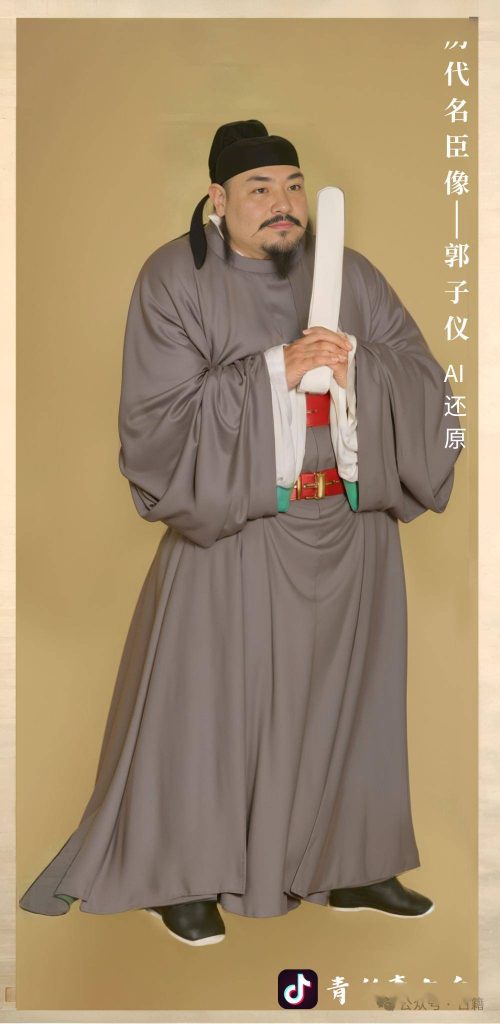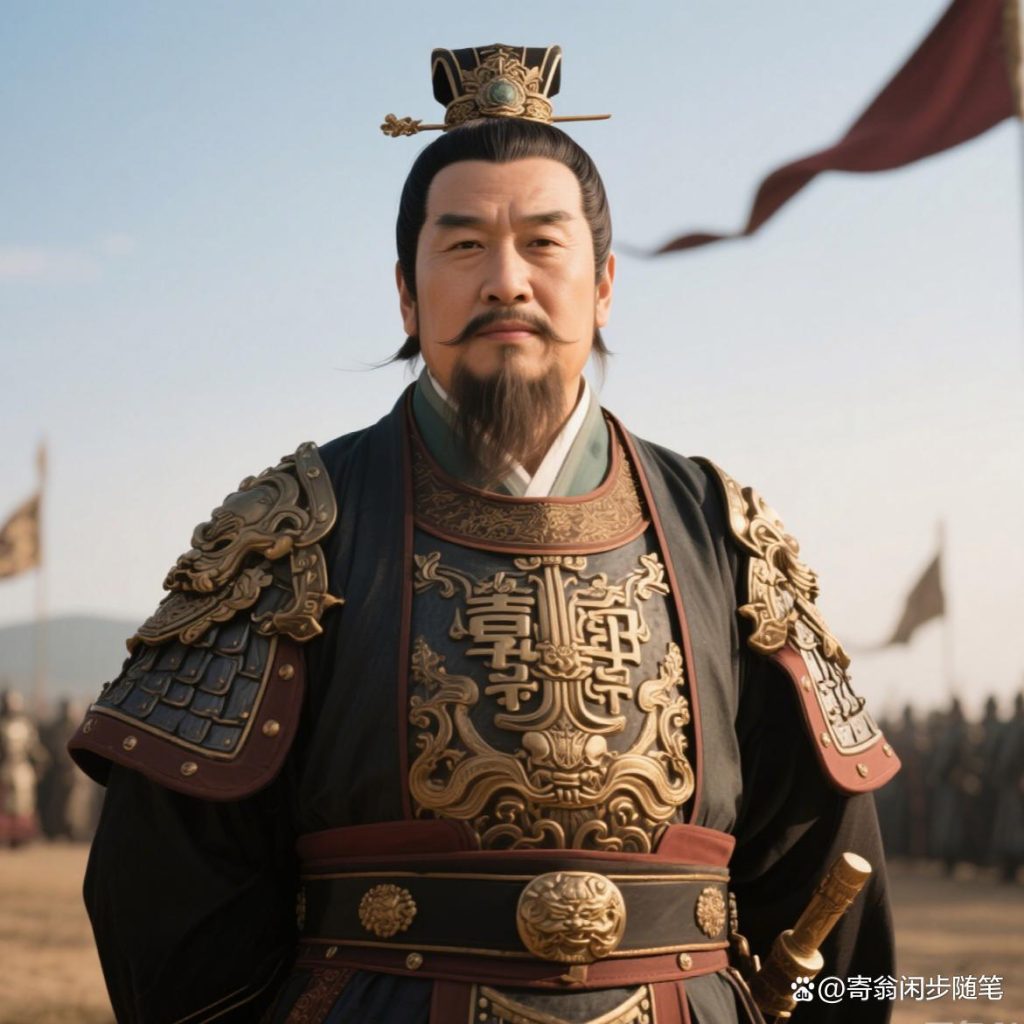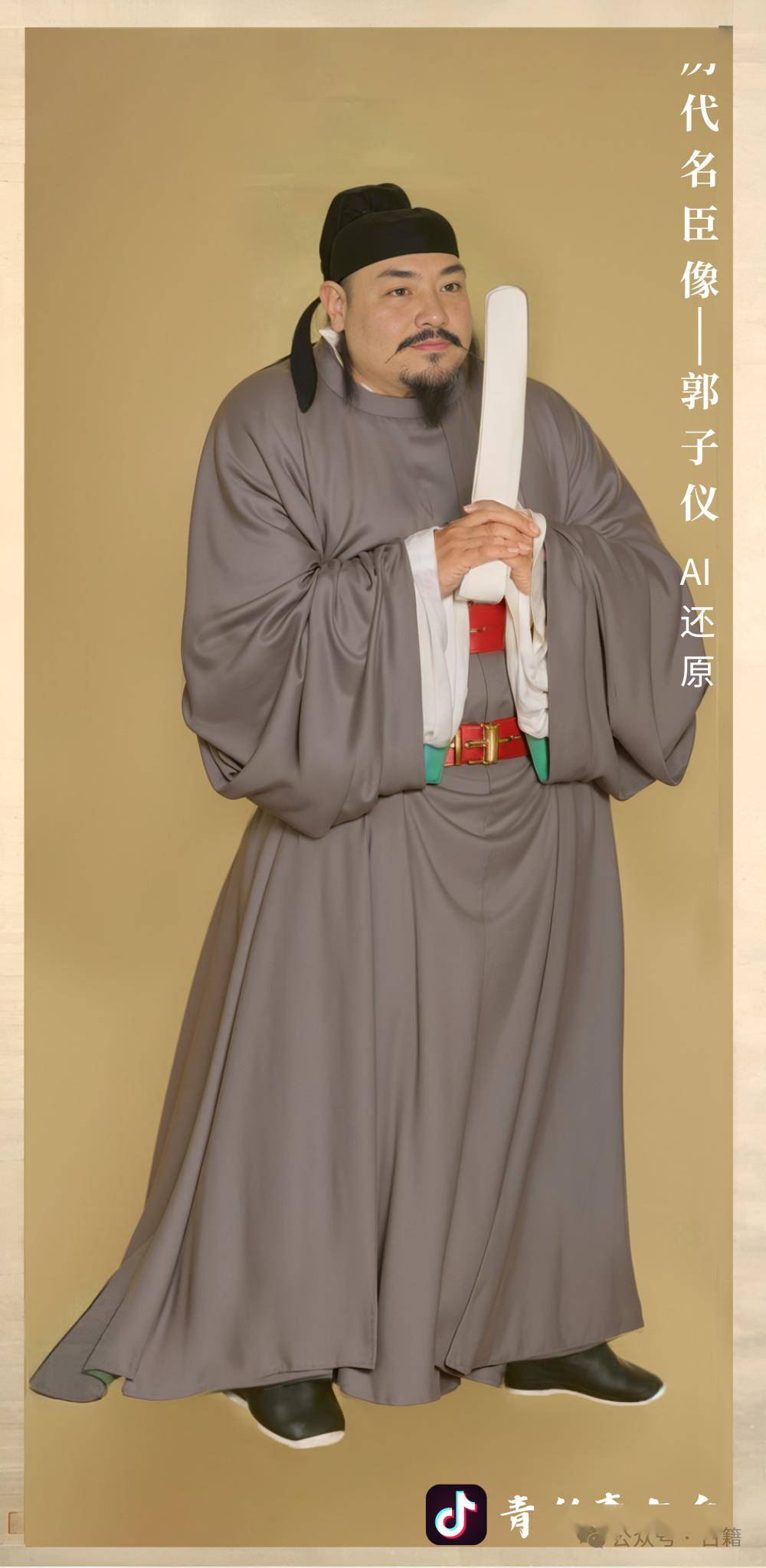Li Yu, the grandson of Emperor Xuanzong of Tang Dynasty and the eldest son of Emperor Suzong of Tang Dynasty, was born on December 13th, 727 AD, in Shangyang Palace in the Eastern Capital. His first name was Chu, and he was originally appointed as the Prince of Guangping and later as the Prince of Chu. His most famous achievement in history is not his political achievements, but his infatuation.

During the An Lushan Rebellion, Princess Cui of Guangping passed away, and the Shen family also disappeared without a trace. Later, Li Chu was awarded the title of King of Chu for his great achievement in recapturing the two capitals. Due to the death of Empress Cui, Li Heng ordered flower and bird envoys to search for beautiful women to enrich the court. Later, Lady Dugu was selected to serve in the palace and invited Li Yu to become the Crown Prince or Emperor. Due to his beauty and excellent personality, he was also very considerate towards Li Yu and was favored by Emperor Tang. At this point, Li Chu truly found his lifelong love, the first woman in the Tang Dynasty to be posthumously honored as empress from a noble concubine, and finally stepped onto her stage.
In the first year of Baoying (762 AD), Li Heng was critically ill. Empress Zhang wanted to abolish Crown Prince Li Yu and establish the Li clique as the Prince of Yue. Li Fuguo and Cheng Yuanzhen sent troops to protect Crown Prince Li Yu and arrested Empress Zhang, Li clique, and others. That night, Li Heng passed away due to illness, and Li Yu ascended to the throne as the Emperor of Tang Dynasty. After ascending to the throne, Li Yu followed the example of his father Li Heng who did not register his harem before the recapture of the two capitals. The following year, Li Yu quelled the eight year long An Lushan Rebellion. In the first year of Guangde (763 AD), Tubo captured Chang’an, and Li Yu fled to Shaanxi. Later, he appointed the famous general Guo Ziyi to defeat Tubo and quell the rebellion of Pugu Huai’en.
Although Li Yu did not establish a harem, he showed great favor to the Dugu clan and gave birth to a son named Li Jiong and a princess. Because he couldn’t let go of the Shen family in his heart, he spent more than ten years searching everywhere. Due to his love for the Shen family, Li Yu appointed Li Shi, the son of the Shen family, as the Crown Prince, who later became Emperor Dezong of Tang. This is also the reason why Empress Dugu favored her so much but was not appointed as the empress. Dugu Shi also understands this very well, without any complaints, and hopes that Shen Shi can return to Li Yu’s side as soon as possible. But the harem cannot be without an owner. After six years of coronation, in the third year of Dali, Li Chuming issued a decree appointing Lady Dugu as the Noble Consort. Not only that, Li Jiong was also appointed as the King of Han, and her father Dugu Ying was appointed as the Minister of Works. The Dugu family also became a prominent family member for a while.

The following year after being conferred the title of Noble Consort in the Dugu Family Register, Li Chu conferred the title of Princess Huayang on his beloved daughter. In the seventh year of the Dali era, Princess Huayang fell ill. Li Yu, who was praying for her daughter, specially renovated a Taoist temple and made her a nun with the Dharma name Qionghua Zhenren. Princess Huayang passed away in the ninth year of the Dali era (774 AD). Li Chu, who was overwhelmed with sadness, had no intention of eating for several days and was unwilling to attend court to listen to politics. He only resumed eating and listening to politics after his courtiers dissuaded him. In October of the tenth year of the Dali era, Empress Dugu Guifei, who had accumulated depression and illness, passed away and was posthumously honored as Empress Zhenyi. Her funeral was held in the inner hall.
For three years after the death of Empress Dugu Guifei, the emperor did not allow her to leave the palace and be buried. It was not until October of the thirteenth year of the Dali reign of Emperor Tang (778 AD) that she was buried in the garden of Zhuangling.



